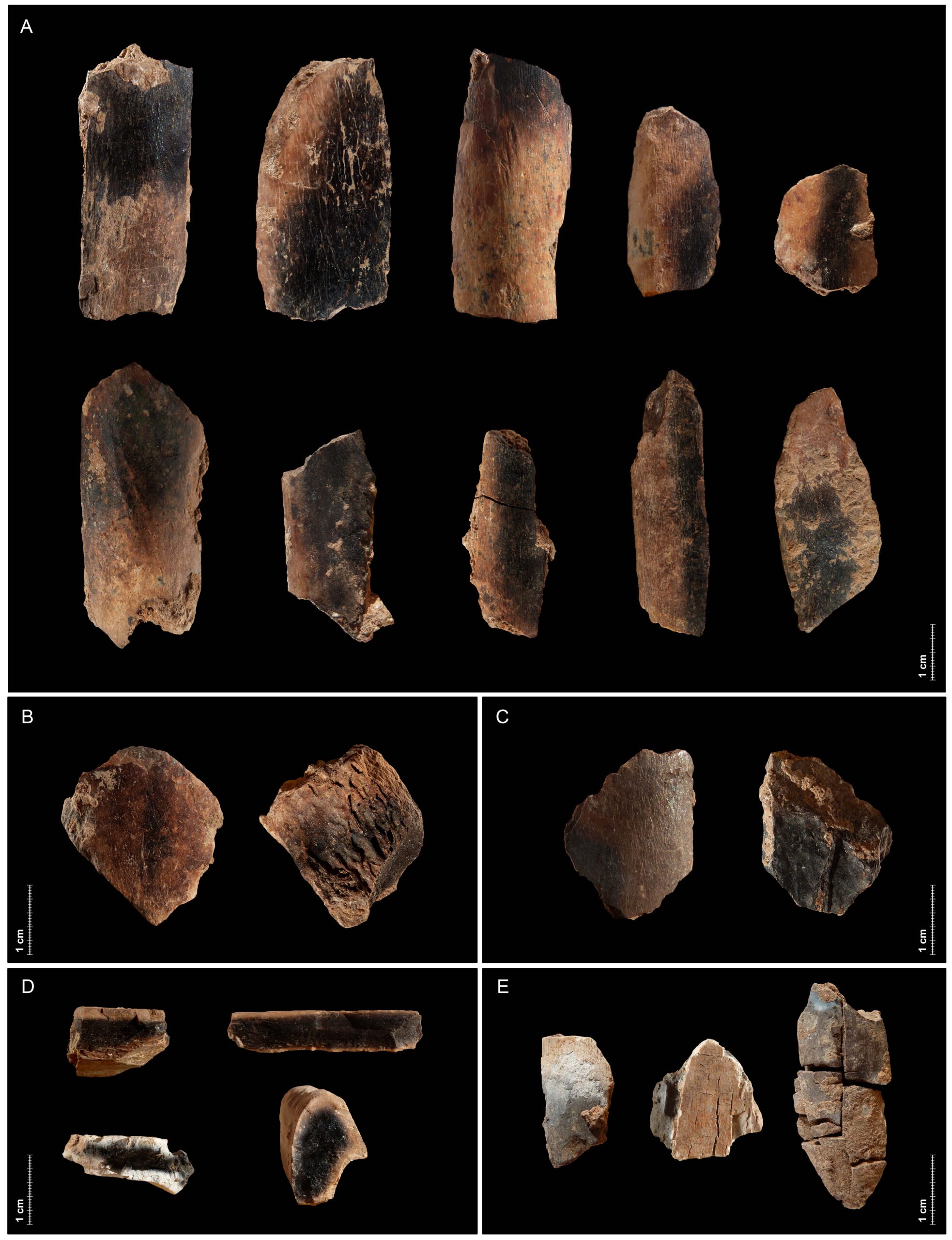Long before backyard barbecues and smokehouses, early humans may have figured out how to keep their meat fresh the old-fashioned way—by smoking it over a fire. A new study from Tel Aviv University suggests that our ancestors were preserving meat with fire nearly a million years ago, not just roasting it for flavor.
According to archaeologists Dr. Miki Ben-Dor and Prof. Ran Barkai, Homo erectus likely lit fires to protect huge kills—like elephants or hippos—from both hungry predators and spoilage. “Fire served two essential purposes for early humans—first, to safeguard large game from other predators and scavengers… and second, to preserve the meat through smoking and drying,” the researchers explain.
This holiday season, give to:
Truth and understanding
The Media Line's intrepid correspondents are in Israel, Gaza, Lebanon, Syria and Pakistan providing first-person reporting.
They all said they cover it.
We see it.
We report with just one agenda: the truth.


Their theory challenges the long-held assumption that early fire use was mostly about cooking. Instead, it paints a picture of early humans as strategic survivalists, using fire like a prehistoric refrigerator.
The duo studied nine ancient sites across Israel, Africa, and Spain, all dating between 1.8 million and 800,000 years ago. At each location, archaeologists found animal bones and evidence of fire—but no signs of actual cooking, like burnt bones. That got Ben-Dor and Barkai thinking: maybe fire was about preservation, not preparation.

Burnt fallow deer bones from Qesem Cave. (Qesem Cave Project/Tel Aviv University)
Barkai calls the origins of fire use “a burning topic” in prehistoric research. Their idea fits into a larger theory they’ve been building—that early human evolution was shaped by a dependence on large animals, and that losing access to those calorie-rich sources forced major changes in how we lived.